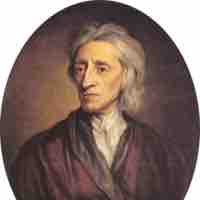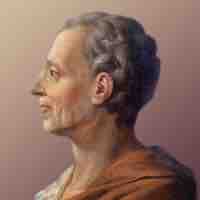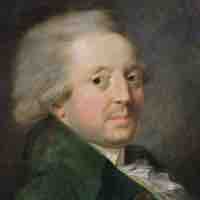Section 4
Enlightenment Thinkers
By Boundless
Thomas Hobbes, an English philosopher and scientist, was one of the key figures in the political debates of the Enlightenment period, who introduced a social contract theory based on the relation between the absolute sovereign and the civil society.

John Locke, an English philosopher and physician, is regarded as one of the most influential Enlightenment thinkers, whose work greatly contributed to the development of the notions of social contract and natural rights.

Montesquieu was a French political philosopher of the Enlightenment period, whose articulation of the theory of separation of powers is implemented in many constitutions throughout the world.
Voltaire was a French Enlightenment writer, historian, and philosopher, who attacked the Catholic Church and advocated freedom of religion, freedom of expression, and separation of church and state.
Jean-Jacques Rousseau was a Francophone Genevan philosopher and writer, whose conceptualization of social contract, theory of natural human, and works on education greatly influenced the political, philosophical, and social Western tradition.

Although Marquis de Condorcet's ideas are considered to embody the ideals of the Age of Enlightenment, his support of liberal economy, free and equal public instruction, constitutionalism, and equal rights for women and people of all races distinguish him from most of his contemporaries.
Mary Wollstonecraft was an English writer, philosopher, and advocate of women's rights, whose focus on women's rights and particularly women's access to education, distinguished her from most of male Enlightenment thinkers.